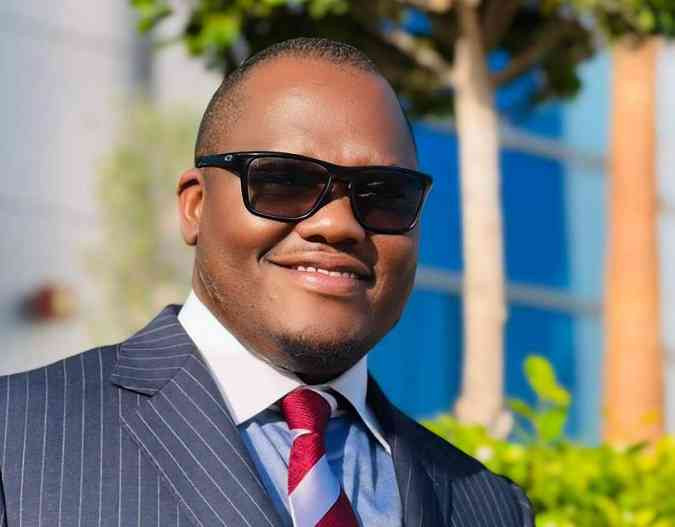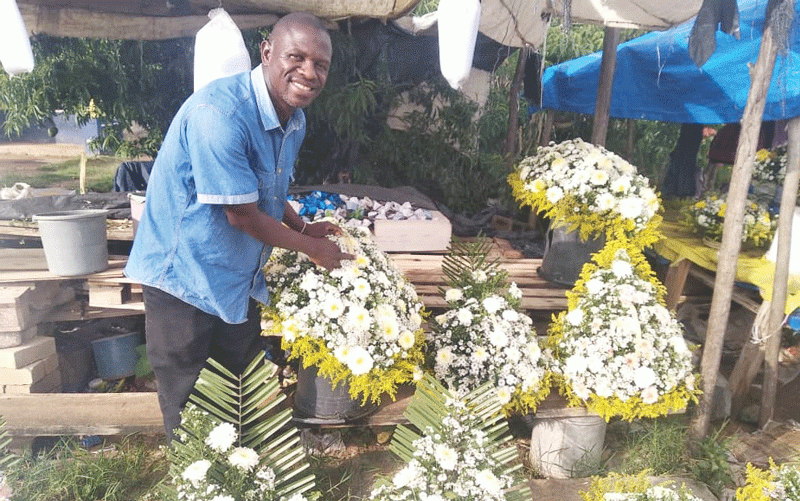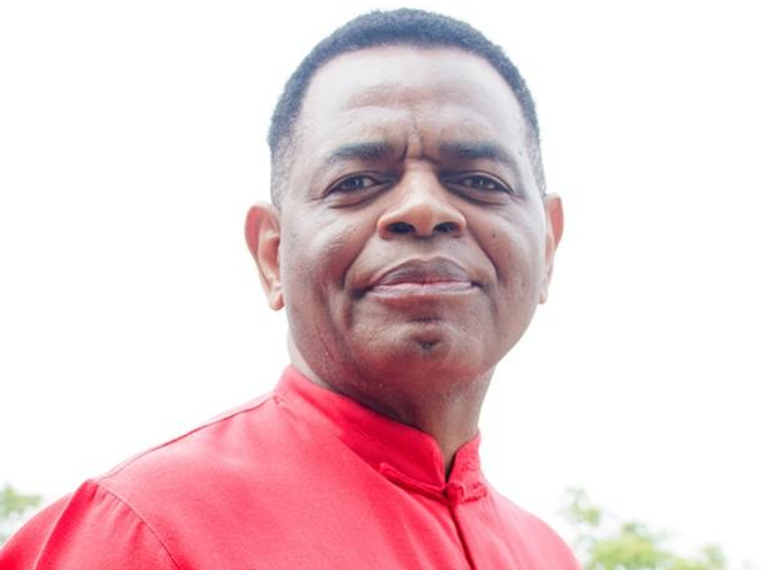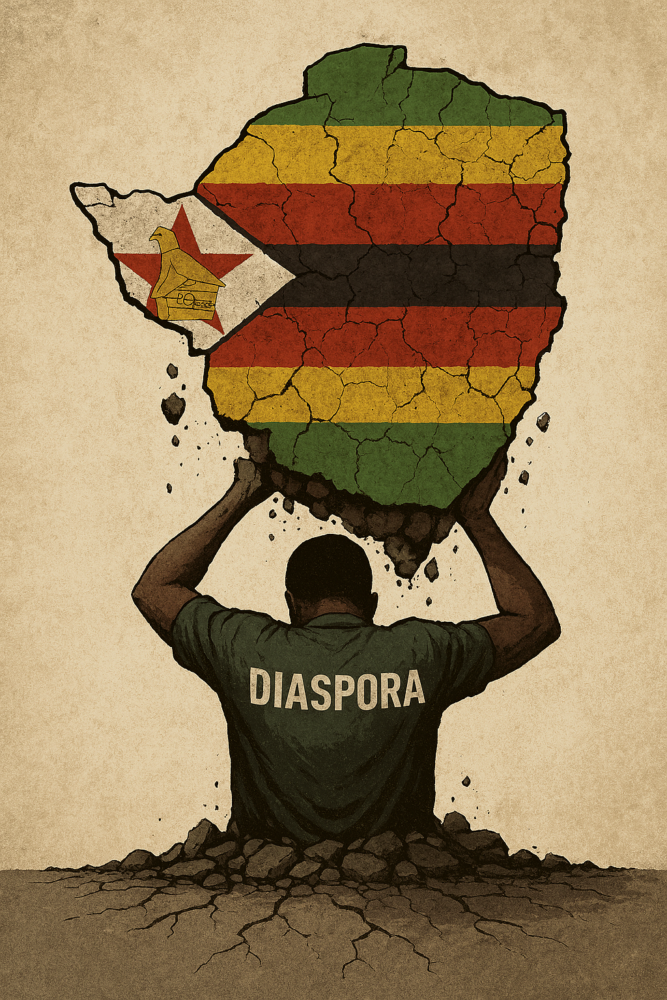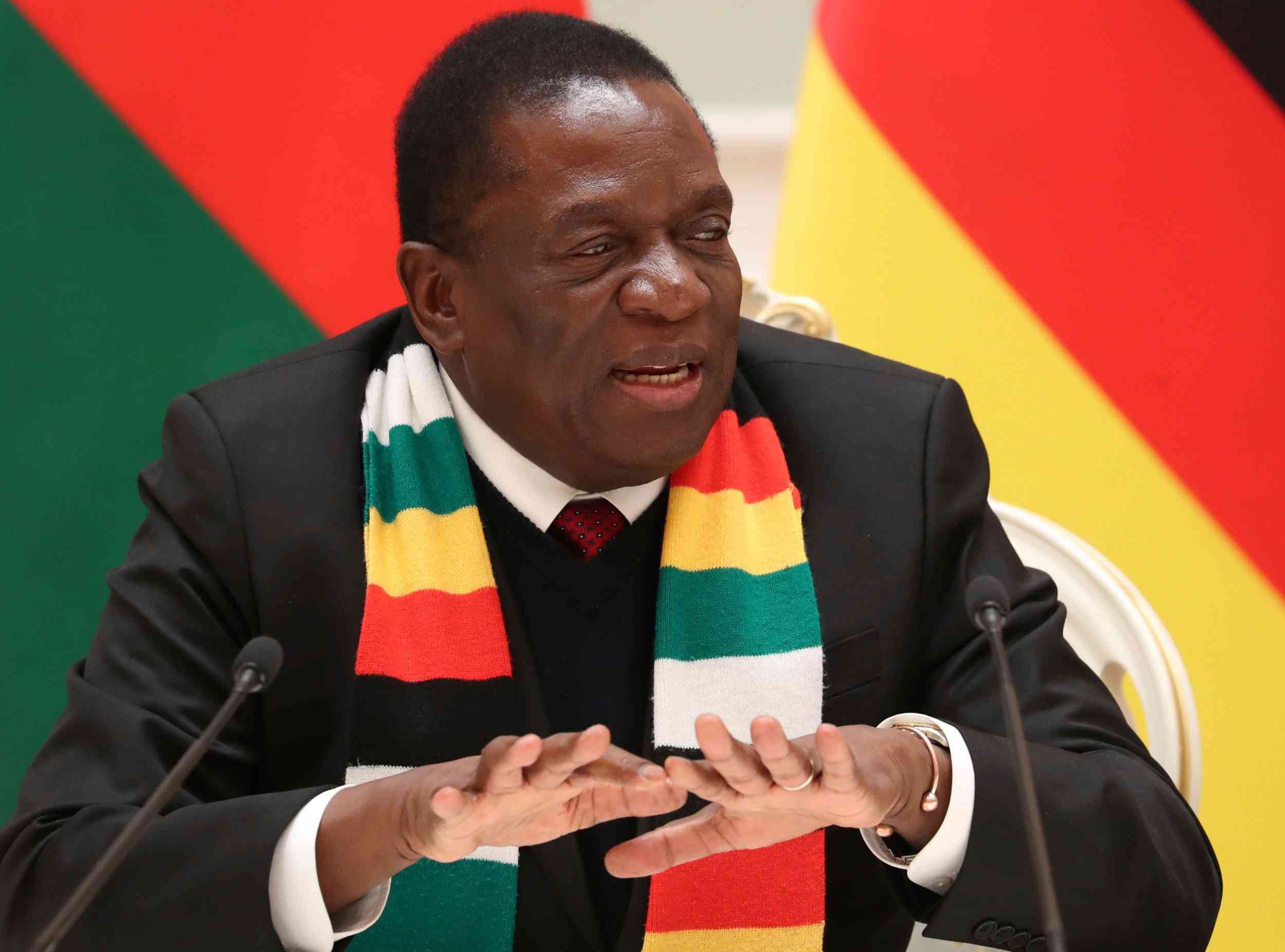
ZANU PF since 2000 has always kept Zimbabweans perpetually in election mode.
A mode that takes away the citizens’ focus from assessing the government’s performance.
The 2030 term extension should be seen in the same frame, except that it is the last supper for political elite.
President Emmerson Mnangagwa has been on record calling himself a constitutionalist and promising he will walk away in 2028 after serving two terms.
Who then has this nefarious agenda to extend his term to 2030?
What do they hope to achieve in the extra two years that they can’t do now?
Answers to the above questions are unsettling.
They paint a very ghastly picture of Zimbabwe’s politics and economic growth and control.
- ED’s influence will take generations to erase
- ‘Govt spineless on wetland land barons’
- Govt under attack over banks lending ban
- Zim Constitution must be amended
Keep Reading
Mnangagwa envied the late former President Robert Mugabe and he wants to be 10 times greater than him in Zimbabwe’s annals of history.
In less than a decade, Mnangagwa has had more public roads and other infrastructure named after him than Mugabe in 37 years.
He wants more than that and to do what Mugabe failed — establish a political dynasty.
It is not only curious, but ominous that Mnangagwa has rechristened himself Munhumutapa.
A perusal of Zimbabwean history literature shows that Munhumutapa was the emperor at Great Zimbabwe and his empire was expansive, with some parts of it in modern day Mozambique and South Africa.
Munhumutapa is also recorded as a big player in the trade of minerals and ivory with the Arabs and the Portuguese.
It is fascinating when one joins the dots to how Mnangagwa renamed the Zimbabwe Sovereign Wealth Fund to Mutapa Investment Fund (MIF) and craftly placed it under the control of the Office of the President and Cabinet.
That action clothed him with a lot of power.
He became the emperor he wished.
Mnangagwa even declared September 15, his birthday, a public holiday known as Munhumutapa Day.
So, it is logical Munhumutapa wants to establish a dynasty.
It is a public secret that his favoured sons are yet to turn 40.
Will a two-year extension to his term give enough room to his heir to turn 40? It is most likely.
Will Zanu PF endorse a son to succeed his father?
All signals point in that direction.
So, will Mnangagwa accept a term extension? Yes, he will.
However, he knows it is nearly impossible under the constitution.
There is the possibility of another subversion of the Constitution like in 2017.
That is the unsaid pathway to 2030.
Let’s look at the pathway that is in the public domain — constitutional amendment.
That pathway, while fraught with dangers, has many rewards to Mnangagwa at a personal level.
One, it is a legitimate, democratic and constitutional process.
It keeps away international scrutiny and makes him acceptable in regional and international forums.
Secondly, and most importantly, it leaves Mnangagwa with a windfall in the region of hundreds of millions in United States dollars through tenders.
Yes, he or his cronies will be laughing all the way to the bank and will have a hefty war chest to fight for political power in future.
How is this possible?
On the face of it, the constitutional amendment process will demand two referendums or in layman’s terms, two general elections one after the other.
General elections (public referendums) need millions of dollars to fund.
This will create a lot of procurement opportunities.
Election materials and logistics like ballot papers, ballot boxes, ballot booths, tents, portable toilets, vests, voting inks, promotional materials, cars, fuel, solar lamps, computers, walkie-talkies, smartphones will need to be procured.
History has taught us that these tenders (usually inflated and paid in advance) are awarded in a murky manner.
Millions of dollars will be made and your guess is as good as mine on who will pocket it.
So, even if Mnangagwa loses the referendums, his proxies will remain with healthy bank accounts — enough to wage long and bruising future electioneering processes.
In other words, it was betting — heads or tails — Mnangagwa wins.
Between now and 2030, Zimbabwe will remain in an election mode and less scrutiny is put on the performance of Mnangagwa’s administration.
Every political player and civil society organisation will have their eyes on the constitutional amendments.
In the meanwhile, Mnangagwa and his new toy — MIF — will have no one looking at them.
Mnangagwa will pledge, mortgage or even sell MIF assets away from public scrutiny and some of the money spirited offshore while everyone’s attention is on the political power game.
What has to be done now?
Opposition parties, civil society, trade unions and student organisations have to remain vigilant.
They have to work in a co-ordinated manner in two main areas — the constitutional amendment processes and monitoring government performance and use of public funds.
Those in the church also have a role to play.
Mnangagwa has to be convinced that Zimbabwe cannot spend millions in referendums about extending his terms when thousands are dying of preventable diseases, hunger, failure to access health and education services.
They should talk to Mnangagwa about hundreds of thousands of the jobless and pensioners who can’t put bread on their tables.
Mnangagwa should be convinced to stop his party — Zanu PF — from pursuing such a foolish and extravagant waste of State resources in seeking to extend his term.
Every citizen should be asking themselves what material changes will happen to them if Mnangagwa’s term as President is extended.
Is this that they want?
Secondly, what expertise and capacities that Mnangagwa possess which are not possessed by any other citizen?
And finally remember, deification of individuals marks the beginning and acceptance of dictatorships.
This will be a grueling fight for Zimbabwe and its future and everyone should rise and stop the tide of dynasties and dictatorship on our horizon.
It is more than ever, more important to say our laws — Constitution — should not be amended to further personal agendas of individuals.
In all our actions, let’s think of posterity — beyond our immediate needs.
Paidamoyo Muzulu is a journalist based in Harare. He writes here in his personal capacity.

